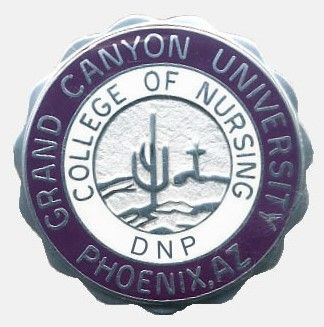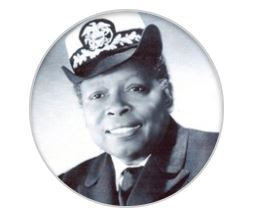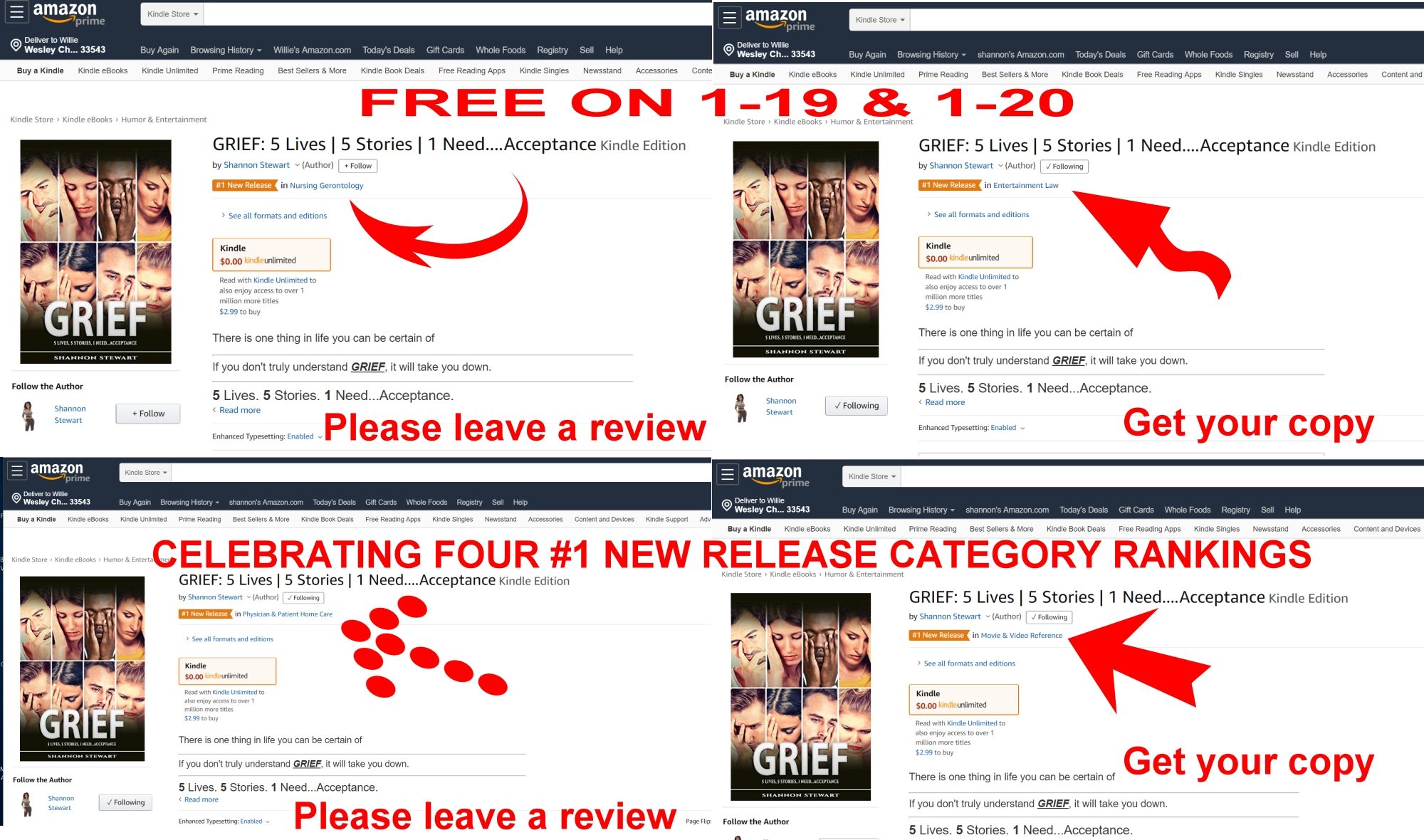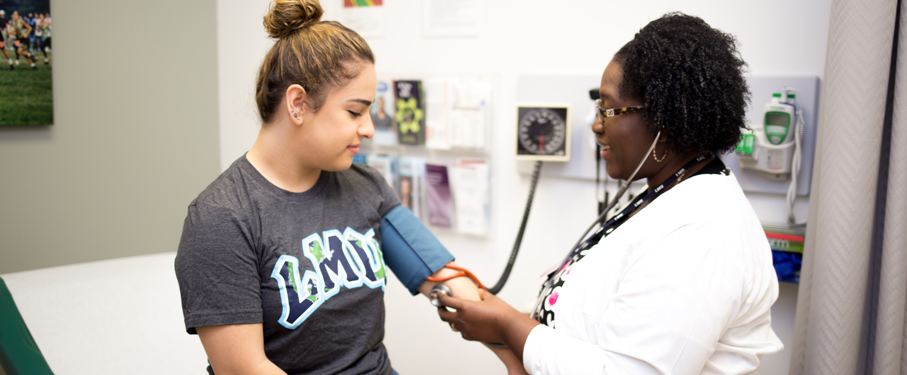It’s not a gift, it’s not a donation. It’s a loan that WILL BE PAID BACK!! Our company is doing a crowd sourcing campaign and we need 9 people to loan us $25 during the private raise within 15 days of launch so that we can get on the KIVA PUBLIC PLATFORM.
This is a way to involve community in what http://telemedipro.com is accomplishing in places like Africa and Ukraine. You don’t have to be a therapist, a Nurse, or Doctor to help the underserved.
ALL YOU HAVE TO DO IS TRUST US TO PAY BACK A LOAN THAT IS A MINIMUM OF $25.00 – WHO IS READY TO HELP US MAKE A DIFFERENCE IN THE WORLD?
Pre-launch is February 1st – Main Public launch is Valentine’s Day February 14th
Details on how to participate are comin soon!!!!! Get $25.00 Ready
#blackownedbusiness#minorityownedbusiness#womeninbusiness#veteranownedandoperated#kiva#crowdsourcing#notagiftordonation#microfinanceloan#drstewart#telemedipro#nonprofit#makinghealthcareaccessibletotheworld#telemedicine#telehealth#healthandwellness#disabledentrepreneur#25dollarloan#grassrootshealthcarebusiness#healthcareeverywhere#telemedicinesolutions#weareheretohelp#telehealthservices#familynursepractitioner#globalcommunity#kiva#kivaloans







